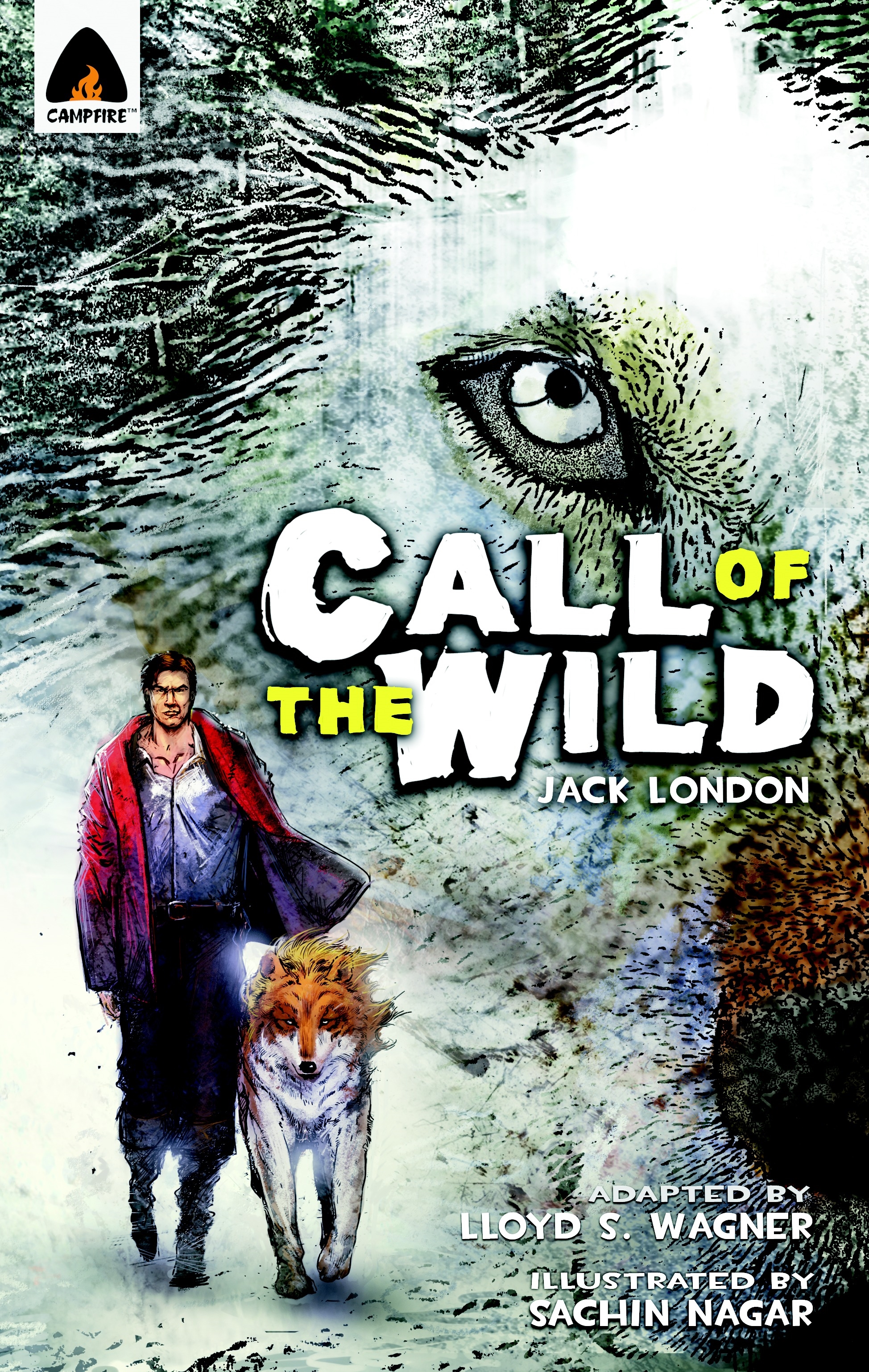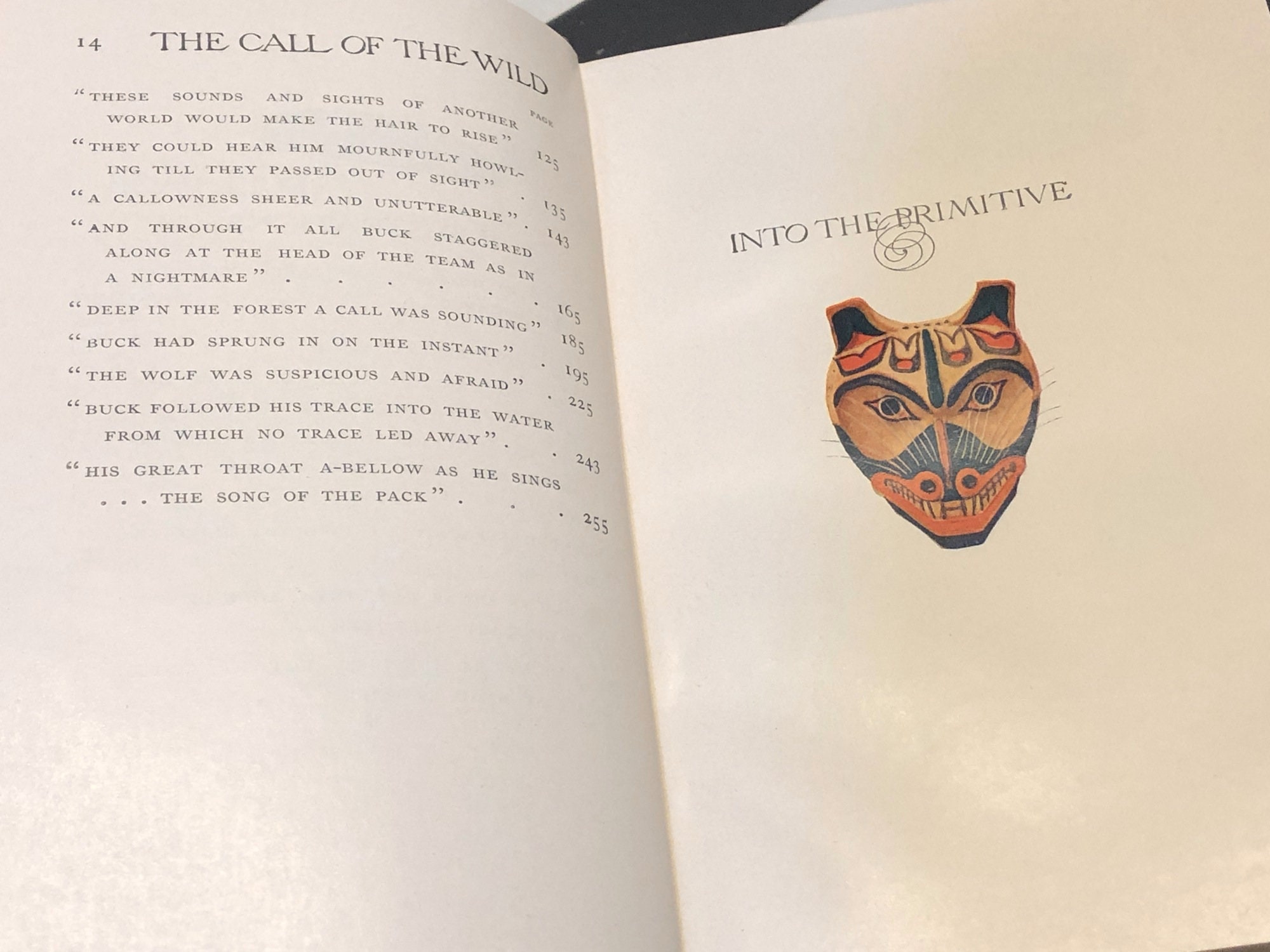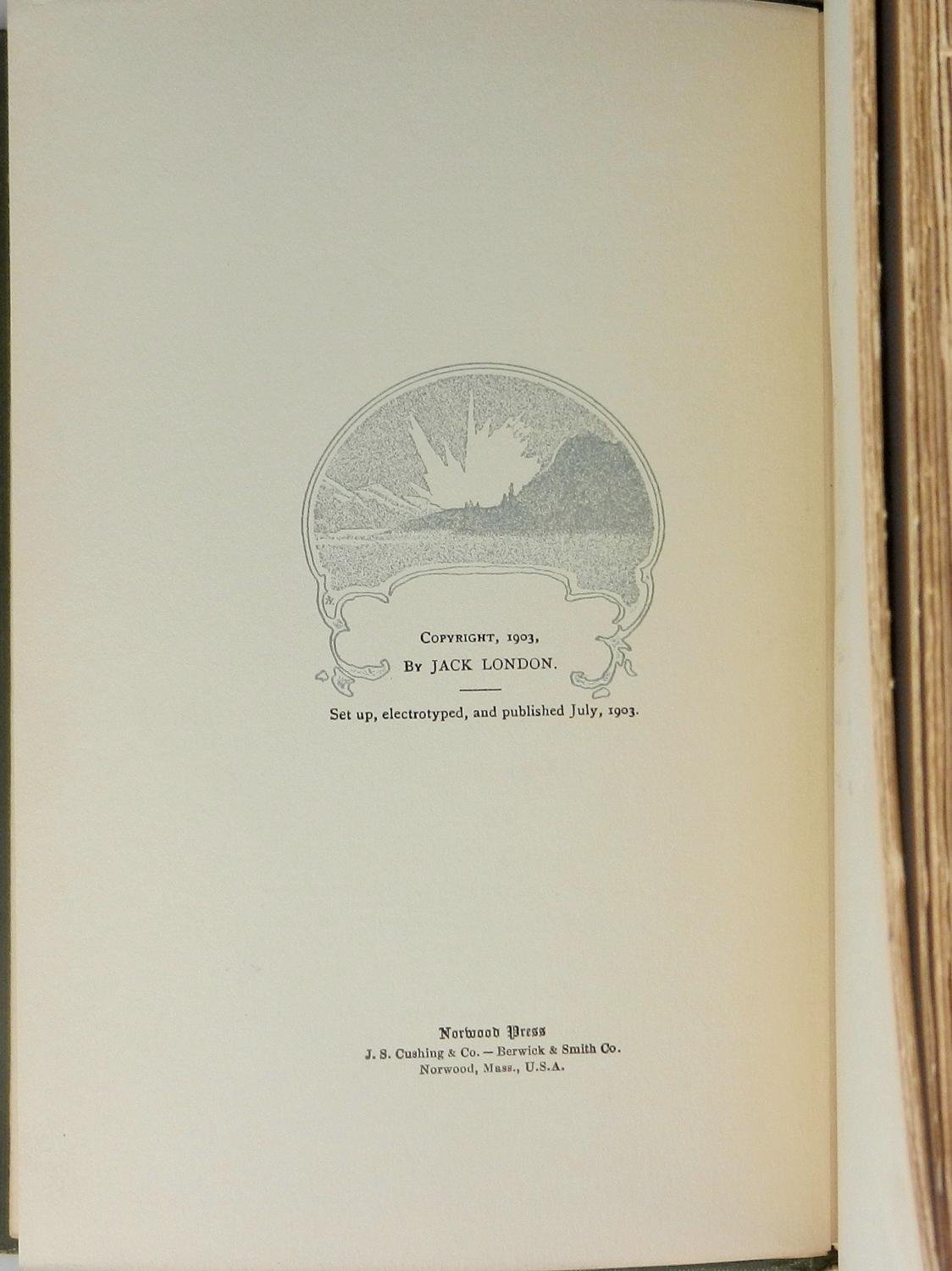

These men wanted dogs, and the dogs they wanted were heavy dogs, with strong muscles by which to toil, and furry coats to protect them from the frost.īuck lived at a big house in the sun-kissed Santa Clara Valley. Because men, groping in the Arctic darkness, had found a yellow metal, and because steamship and transportation companies were booming the find, thousands of men were rushing into the Northland. Buck joins a new pack."Old longings nomadic leap, Chafing at custom's chain Again from its brumal sleep Wakens the ferine strain."īuck did not read the newspapers, or he would have known that trouble was brewing, not alone for himself, but for every tidewater dog, strong of muscle and with warm, long hair, from Puget Sound to San Diego.

John Thornton settles his debts and he and Buck head east where they soon find a good fortune, but it does not last.

Buck faithfully serves his master John Thornton. Having been driven hard, Buck eventually begins to regain his strength.

The exhausted sled team arrives at Skaguay, where they meet their new owners. Chapter 4: Who Has Won to Mastershipīuck takes Spitz's old spot, proving himself to be very proficient in his new job. The sled team continues down the trail, where an undeclared war comes to a dramatic end. Chapter 3: The Dominant Primordial Beastīuck struggles, but continues to prevail. Chapter 2: The Law of Club and Fangīuck begins to understand the harsh nature of his new surroundings. Chapter 1: Into the Primitiveīuck's pampered existence comes to a sudden and unexpected end. London followed the book in 1906 with White Fang, a companion novel with many similar plot elements and themes as Call of the Wild, although following a mirror image plot in which a wild wolf becomes civilized by a mining expert from San Francisco named Weedon Scott. Because the protagonist is a dog, it is sometimes classified as a juvenile novel, suitable for children, but it is dark in tone and contains numerous scenes of cruelty and violence. Published in 1903, The Call of the Wild is London's most-read book, and it is generally considered his best, the masterpiece of his so-called "early period". The plot concerns a previously domesticated happy dog named Buck, whose primordial instincts return after a series of events leads to his serving as a sled dog in the Yukon during the 19th-century Klondike Gold Rush, in which sled dogs were bought at generous prices. The Call of the Wild is a novel by American writer Jack London.


 0 kommentar(er)
0 kommentar(er)
